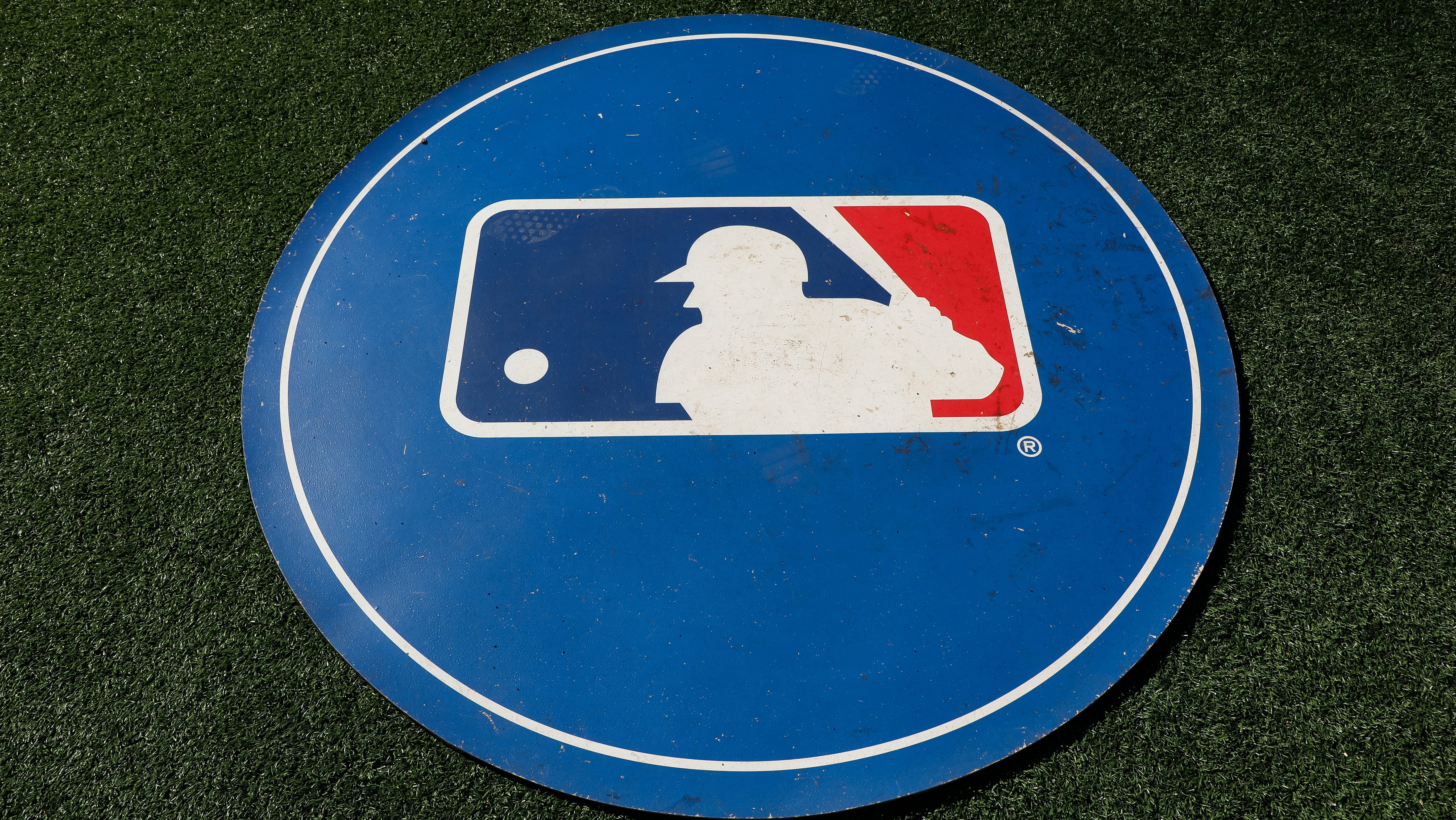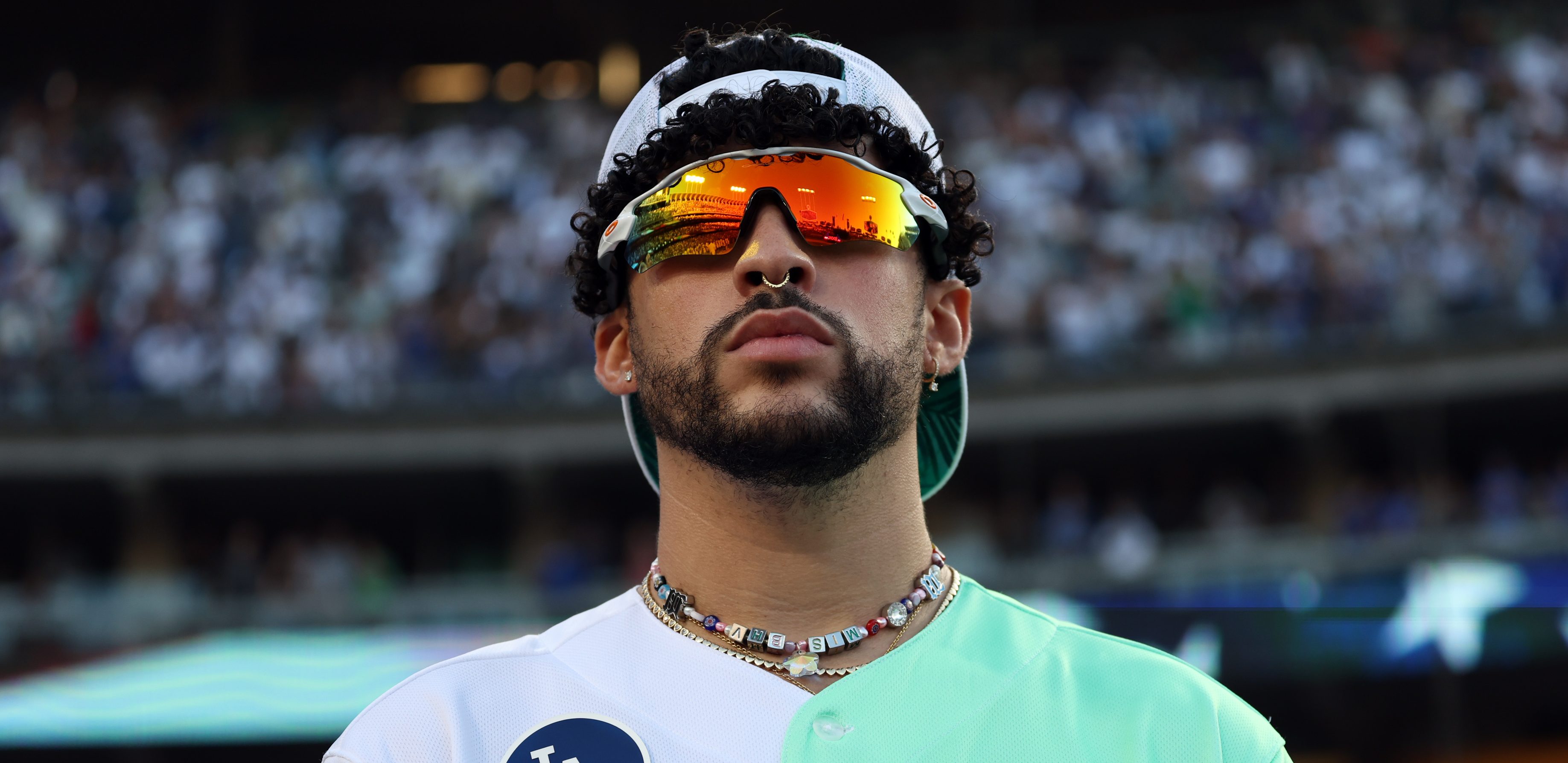CLEARWATER, Fla. – To exceed or not exceed. That is the question Phillies fans want to know when it comes to the luxury-tax issue that has dominated this off-season.
Phillies ownership has so far made the unpopular choice not to cross the $208-million payroll line and that is the reason why the club has reported to spring training with holes and question marks, particularly in the starting rotation and bullpen.
But it’s not out of the question that the Phils, who already project to have the highest payroll in the NL East, will make an in-season decision to go over the tax line.
It’s all dependent on how the club plays in the first few months of the season.
“Speaking for the Phillies and their ownership, we are not reluctant to go over,” club president Andy MacPhail said in his annual spring-training address Friday. “It's not an impenetrable barrier by any stretch. It's my hope and, frankly, my expectation, that we're going to exceed this year.”
Managing partner John Middleton offered his stance on the tax threshold in October:
MLB
“I’m not going to go over the luxury tax so we have a better chance to be the second wild-card team. That’s not going to happen,” Middleton said then. “I think you go over the luxury tax when you’re fighting for the World Series. If you have to sign Cliff Lee and that puts you over the tax, you do it. If you have to trade for Roy Halladay and sign him to an extension and that puts you over the tax, you do it. But you don’t do it for a little gain.”
The Phillies haven’t been to the postseason since 2011 and pressure on the front office to produce a team that gets there in 2020 is immense. Heads might roll if it doesn’t happen. So you understand why MacPhail’s stance on crossing the tax line might be a little looser than his boss’.
“I would trade the tax for a wild-card spot,” MacPhail said. “I don't want to get in trouble with John, but I would.
“But I think the problem is, what's going to happen next year and the year after that?”
Teams that cross the threshold for the first time pay a 20 percent tax on overage. That’s not a huge deal. But penalties compound for teams that cross the threshold in consecutive years and can eventually impact the draft and international signing budgets. A number of repeat offenders have taken steps to get under and reset the tax in recent seasons, including the Boston Red Sox, who recently traded fan favorite and former AL MVP Mookie Betts in an unpopular cost-cutting move.
“Nobody can live over the tax,” McPhail said. “The penalties are too severe – not just economically, but it grabs you every different way. Your draft choices get diluted. They take away your international money. … (Eventually) you're obligated to re-set, which is a pretty draconian, dramatic thing to do to your fan base. So it absolutely has to be managed. And you don't go over cavalierly. You don't go over it to be a .500 team.”
To exceed or not exceed?
Time will tell.
Subscribe and rate Phillies Talk:
Apple Podcasts / Google Play / Spotify / Stitcher / Art19


